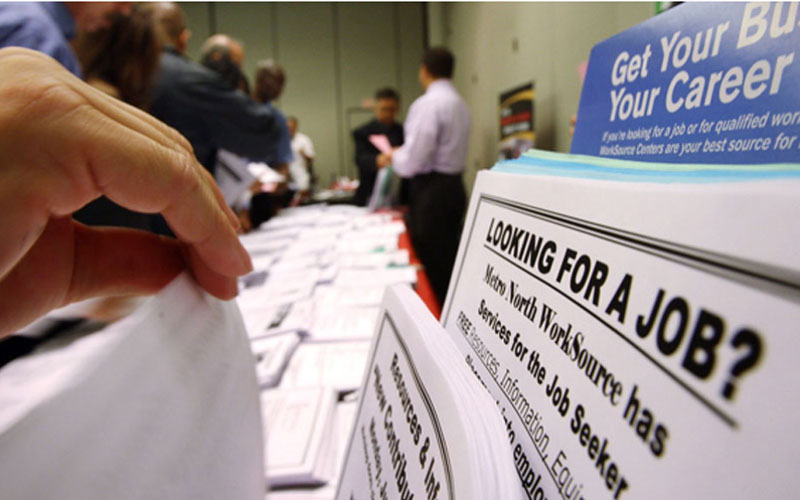Only 3 million Africans can get jobs annually and 11% to 26% of them are unemployed, the highest rate in the world, said Leila Mokaddem, regional resident representative of the African Development Bank.
She added that “Africa has a youth crisis and vocational training is essential to prepare the youth for market needs.”
However, Mokaddem continued that there is progress in education and health during her remarks at AIESEC’s Middle East and Africa Exchange and Leadership Development Seminar (MEAXLDS), launched in Sharm El-Sheikh, with 600 delegates.
“Currently, there are more African children in schools and universities than ever before. The market is shifting towards digitising, artificial intelligence, and biotechnology and the jobs of the future will totally change. We need to focus on science, engineering, technology, and entrepreneurship,” Mokaddem added.
Furthermore, regarding food shortages, Alfredo Impiglia from the Food and Agriculture Organization of the United Nations (FAO) stated that food is the link between the people and the planet and that social, economic, and environmental sustainability are of great importance to the MEA region, which is the most affected area in the world from climate change.
He continued to explain FAO’s regional initiatives in the region, the three main ones of which are water scarcity, sustainable small-scale agriculture, and building resilience for food security and nutrition. These initiatives aim to help countries achieve sustainable development, improve food and water security, and reduce poverty.
AIESEC is a youth organisation with headquarters in the Netherlands. The organisation has 70,000 active members from 2,400 universities. Its self-proclaimed aim is to provide its members with leadership skills and qualities to facilitate and create exchange opportunities.




